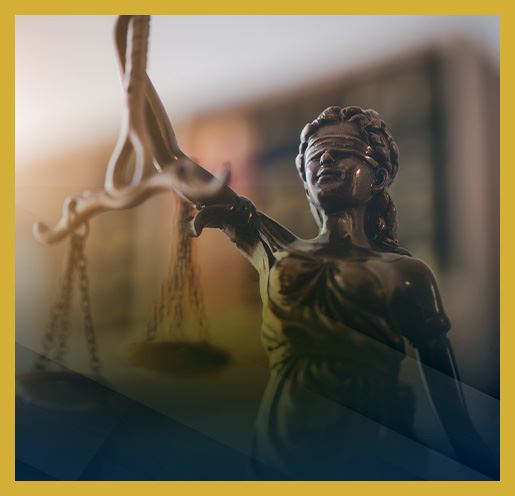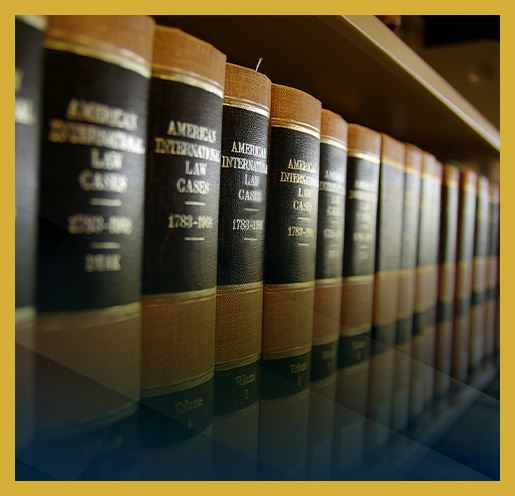
Tell us about your case, and we will tell you how we can help!
Bankruptcy FAQ
What Should I Know About Bankruptcy?
Bankruptcy is the legal process that essentially allows an individual or business to eliminate or repay debts under the protection of the court. There are two main options: liquidation or reorganization. Under either Chapter 7 or Chapter 13, the consumer will file for bankruptcy through the federal court. You must qualify for Ch. 7 under the means test and must have sufficient income to file for Ch. 13, as a repayment plan is involved. Overall, bankruptcy can put a stop to creditor actions and help you discharge or pay back reduced debts.
Will Bankruptcy Eliminate All My Debts?
While most people imagine that bankruptcy is the cure-all solution to their financial difficulties, this is simply not the case. Bankruptcy isn’t an option for everyone. In most cases, you won’t be able to eliminate all your debts—especially not secured ones. If secured creditors have taken a mortgage or other lien on your property for collateral, you will likely still have to pay back these debts, though they may be reduced. Further, bankruptcy cannot eliminate certain debts or payments like child support, alimony, and some student loans.
If I’ve Already Filed for Bankruptcy in the Past, Can I File Again?
Yes. After filing for Chapter 7 bankruptcy, you will have to wait 8 years prior to filing under this chapter again. You can file for Chapter 13 again after 6 years. However, if you didn’t receive a discharge the last time you filed for bankruptcy, there are no time restrictions on filing again.
What Different Types of Bankruptcy Should I Consider?
Under the law, there are four different types of bankruptcy available. The most common for consumers include Chapter 7 and Chapter 13. The other two are Chapter 11, known as a “reorganization” option used for businesses / individuals with large debts, and Chapter 12, for family farmers. Chapter 7 is also referred to as “liquidation,” as the individuals non-exempt assets liquidated to pay off debts that cannot be discharged. A means test must be passed to file this type of bankruptcy. Chapter 13 is used for consumers who have some disposable income. Some debts may be discharged while others must be paid off in full or partial amounts.
What Does it Cost to File for Bankruptcy?
The total costs involved in the bankruptcy process will vary depending on an individual’s unique situation. To file for bankruptcy under Chapter 7, you will need to pay a fee of just over $300. To file for Chapter 13, it costs $281. If you are unable to pay the full price at the time of filing, you may be allowed to pay in installments.
What Happens to My Home? What About My Car?
When a person’s equity in the property is exempt (depending on state exemptions), they will likely be able to maintain control over that possession. This goes for cars, vehicles, homes, and other properties. If your home or vehicle is not fully exempt, you may still be able to keep it so long as you pay the remaining non-exempt value back to creditors. You will still need to make payments on the debt of your mortgaged property after filing for bankruptcy if you wish to keep your home.
Have more questions? Call Arnold Law Group, APC to talk with a Fresno bankruptcy lawyer.

-
How Divorce Can Affect Your Inheritance
-
Why Is January a Popular Month for Divorce?
-
Do I Have to Disclose Crypto Assets in Bankruptcy?
-
Can I Give Away Property During Bankruptcy?
-
Co-Parenting Tips for the Holidays
-
Common Myths About Spousal Support in California
-
How Is Spousal Support Calculated in California?
-
What Are My Rights Under the Fair Credit Reporting Act?

